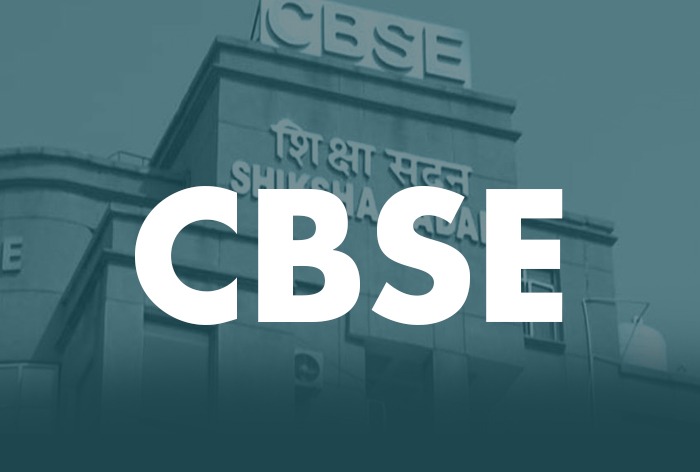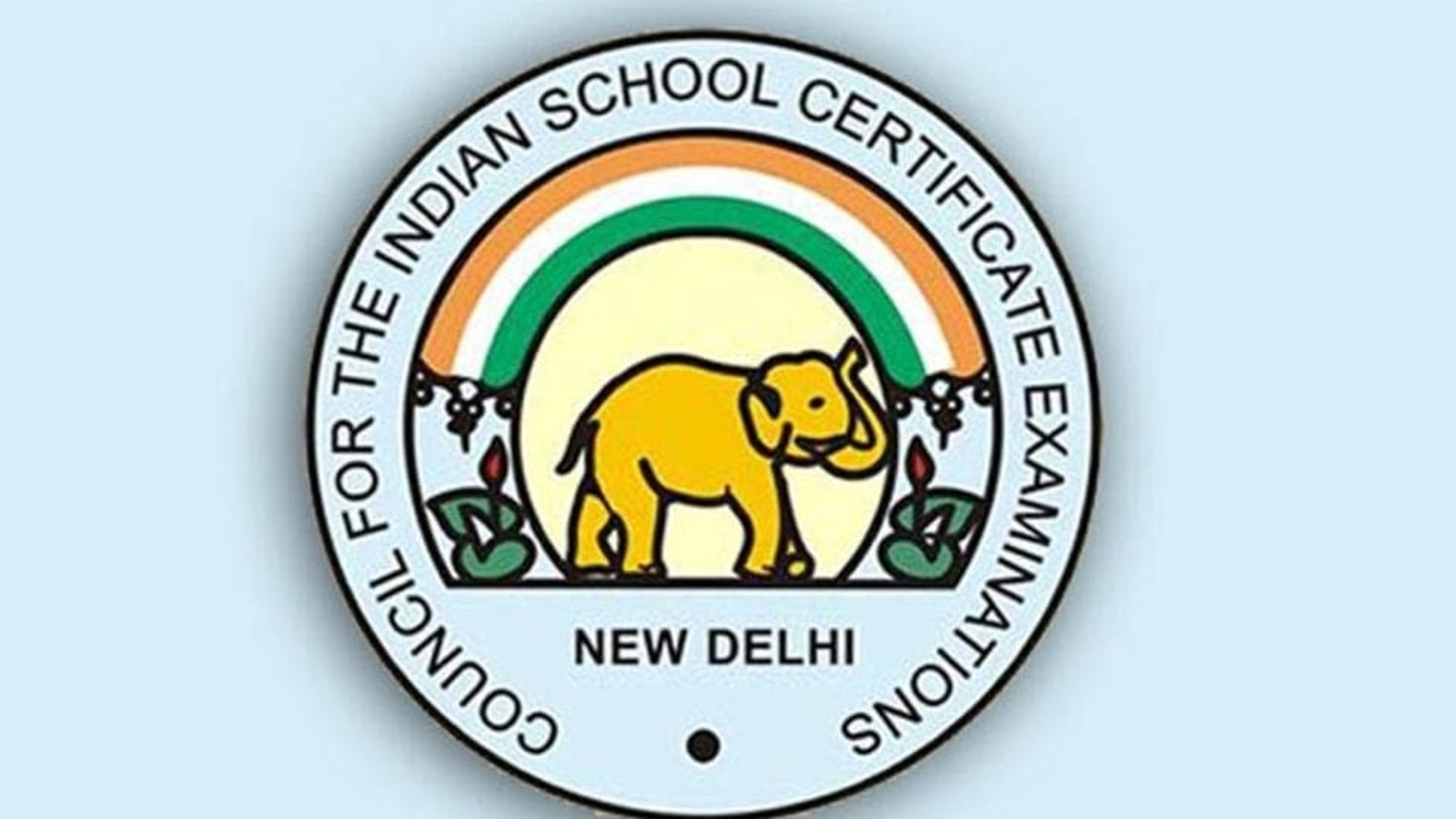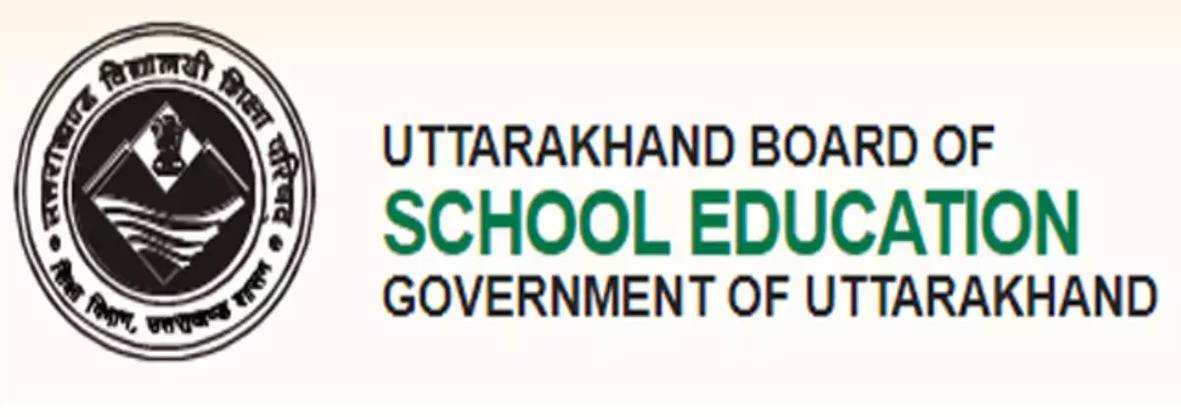Choosing the right school for your child is one of the most important decisions you will make as a parent, especially in a city like Dehradun, known for its quality education options. With numerous options available, understanding the different school boards in India is crucial to making an informed choice that suits your child’s needs and future goals. In this article, we will explain the various school boards in India, highlighting their differences and helping you decide which might be the best fit for your child.
Verified Campus, the best school listing portal in Dehradun, offers extensive information about schools affiliated with these boards, making your search easier and more reliable.
What Are School Boards?
School boards in India refer to the organisations or authorities responsible for setting the curriculum, exam patterns, and academic guidelines that schools follow. The different school boards in India vary in their approach to education, assessment methods, syllabus structure, and focus areas. Understanding these differences helps parents choose the right environment for their child’s learning and development.
The Major Different School Boards in India
India has several prominent school boards, each with distinct characteristics. Below are the most common boards parents should know about:
1. Central Board of Secondary Education (CBSE)
CBSE is one of the most widely recognized different school boards in India. It is a national-level board governed by the Government of India. CBSE schools follow a curriculum that focuses on science, mathematics, and social sciences with a standardized syllabus across the country.
CBSE’s evaluation system emphasises objective-type questions and board exams for classes 10 and 12, making it easier for students to compete nationally. This board is popular among parents who want their children to prepare for national competitive exams like JEE and NEET.

2. Indian Certificate of Secondary Education (ICSE)
Another well-known board under the different school boards in India is ICSE, managed by the Council for the Indian School Certificate Examinations (CISCE). ICSE schools offer a comprehensive syllabus with a strong focus on the English language and literature.
The ICSE curriculum is known for its detailed and balanced approach, giving equal importance to arts, science, and humanities. This board’s evaluation includes internal assessments and project work, encouraging critical thinking and analytical skills.

3. State Boards
Each state in India has its own State Board of Education, which regulates schools within that state. These boards are part of the different school boards in India and generally emphasize the regional language and culture in their syllabus.
State boards may vary significantly in syllabus depth and assessment methods. They are ideal for students who want to pursue education rooted in their state’s culture or those who prefer regional languages over national or international curricula.

4. International Boards: IB and Cambridge
Apart from national and state boards, international boards like the International Baccalaureate (IB) and Cambridge International Examinations (CIE) are part of the expanding options within the different school boards in India.
IB promotes a global curriculum emphasizing critical thinking, creativity, and international mindedness. Cambridge board offers IGCSE and A-Level programs, which are recognized worldwide and often preferred by parents aiming for their children to pursue higher education abroad.

Key Differences Among the Different School Boards in India
Parents should consider several factors when choosing from the different school boards in India:
-
Curriculum and Syllabus: CBSE focuses more on core subjects with national alignment; ICSE offers a detailed syllabus with an emphasis on English; state boards often focus on regional relevance; and international boards emphasize holistic and global perspectives.
-
Examination Pattern: CBSE follows objective and board exams; ICSE includes internal assessments; state boards vary widely; IB and Cambridge rely on coursework and projects.
-
Recognition: CBSE and ICSE are widely recognized across India, while IB and Cambridge have global recognition.
-
Teaching Methodology: International boards encourage inquiry-based learning, while national boards follow traditional methods with some reforms.
Verified Campus simplifies this complex decision by providing parents with board-specific filters, school comparisons, and expert insights. It serves as a trusted guide for selecting the right curriculum for your child.
How to Choose the Right Board for Your Child?
Selecting among the different school boards in India depends on your child’s learning style, future aspirations, and family preferences. Consider these points:
-
If your child aims for national competitive exams, CBSE may be the best choice.
-
For strong English skills and a balanced curriculum, ICSE could be ideal.
-
If you prefer a curriculum aligned with regional languages and culture, a state board may suit your child.
-
For global exposure and holistic development, international boards like IB or Cambridge are recommended.
Role of Verified Campus in Your School Search
Verified Campus, the best school listing portal in Dehradun, provides parents with detailed information about schools affiliated with all these different school boards in India. Their platform helps you compare schools based on board affiliation, curriculum, infrastructure, faculty, and extracurricular activities. This comprehensive approach makes your decision easier and more confident.
Conclusion
Understanding the different school boards in India is a vital step in choosing the right school for your child. Each board has its unique strengths and focus areas, and aligning these with your child’s needs will ensure a better learning experience and academic success. Verified Campus, the best school listing portal in Dehradun, continues to support parents by providing accurate and up-to-date school information, making the process of selecting the right school much simpler.
By evaluating the curriculum, teaching styles, and future prospects of each board, you can choose a school that will nurture your child’s potential and set them up for a bright future.


